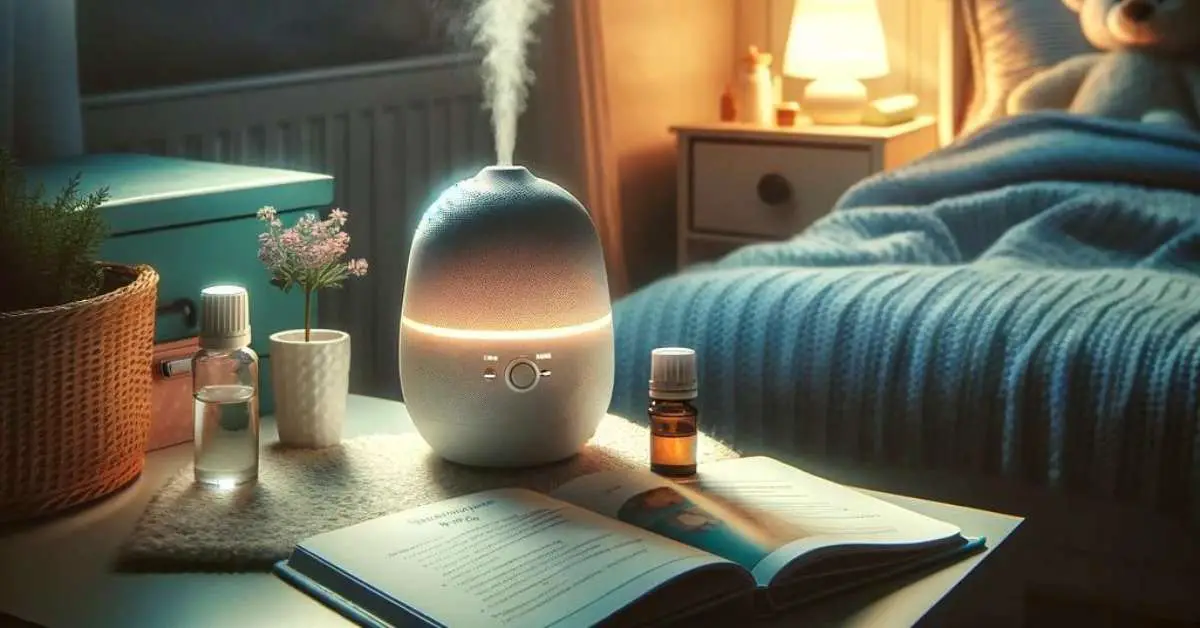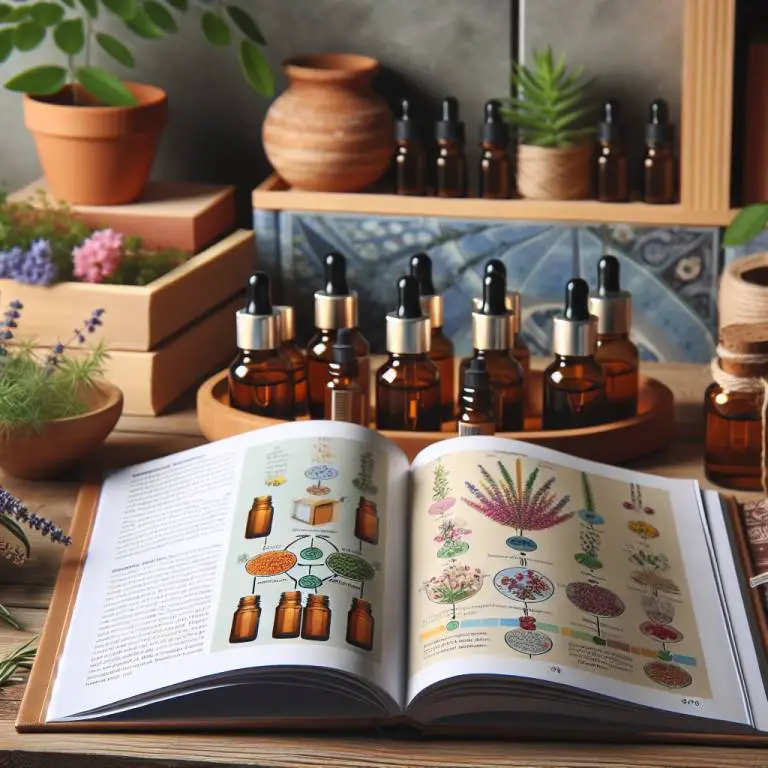Essential oils for children with asthma: Safety and recommendations
For children with asthma, using essential oils safely is key. Experts recommend choosing mild oils like lavender or chamomile and avoiding strong ones like eucalyptus or peppermint, which can trigger breathing issues. Always dilute the oil with a carrier oil and use in a well-ventilated area. It’s important to talk to a doctor before starting any new treatment for your child’s asthma.

What Are the Safest Essential Oils for Children with Asthma?
When it comes to children with asthma, not all essential oils are safe. However, some oils have been noted for their gentle properties and potential benefits. Lavender and chamomile are among the safest options. These oils are known for their calming effects, which can be particularly helpful for children dealing with asthma symptoms.
Lavender oil is celebrated for its ability to promote relaxation and sleep, which can be beneficial in managing asthma symptoms that worsen at night. Chamomile, on the other hand, is recognized for its anti-inflammatory properties. This can be useful in reducing the inflammation associated with asthma attacks. It’s important to use these oils cautiously and in diluted forms to ensure they do not trigger any adverse reactions.
Which Essential Oils Should Be Avoided by Children with Asthma?
Certain essential oils should be avoided by children with asthma because they can potentially trigger an asthma attack or worsen symptoms. Eucalyptus and peppermint oils are among those that should be used with caution or avoided altogether. These oils contain compounds that can irritate the airways of someone with asthma.
Enhance your breathing with essential oils. Learn which are most effective for lung health and how to use them responsibly.
Eucalyptus oil is often touted for its ability to help clear nasal passages and fight congestion. However, for a child with asthma, this oil might lead to breathing difficulties. Similarly, peppermint oil is known for its refreshing scent and cooling sensation but can also irritate sensitive airways. Parents should consult healthcare professionals before introducing any essential oils into their child’s care routine.
How Can Essential Oils Be Safely Administered to Children with Asthma?
To safely administer essential oils to children with asthma, dilution is key. Essential oils should never be applied directly onto a child’s skin without being diluted in a carrier oil first. Common carrier oils include coconut oil and sweet almond oil. This reduces the concentration of the essential oil and minimizes the risk of skin irritation or an adverse reaction.
Another safe method of using essential oils is through diffusion using an ultrasonic diffuser. This method disperses the essential oil into the air in a fine mist, making it easier and safer for a child to inhale without direct contact. However, it’s crucial to keep the diffusing time short (no more than 30 minutes) and ensure the room is well-ventilated to prevent any potential respiratory discomfort.
What Precautions Should Parents Take When Using Essential Oils for Their Child’s Asthma?
Parents must take several precautions when using essential oils for their child’s asthma management plan. First and foremost, consulting a healthcare provider before starting any new treatment is vital. A professional can offer guidance on which essential oils may be beneficial or harmful based on your child’s specific condition.
In addition to professional advice, parents should always conduct a patch test before applying any diluted essential oil blend onto their child’s skin. This involves placing a small amount of the diluted oil on a part of the body that’s less sensitive and waiting 24 hours to see if there’s any adverse reaction such as redness or irritation. By taking these steps, parents can help ensure that they use essential oils in a way that supports their child’s health without causing additional issues.
| Essential Oil | Safety for Children | Recommended Use |
|---|---|---|
| Lavender | Generally safe when diluted | Diffuse in the room during sleep or apply topically with carrier oil to the chest and back |
| Eucalyptus (Radiata) | Safe for children over 10 years; avoid for younger children due to cineole content | Diffuse in the room, especially during respiratory discomfort |
| Chamomile (Roman) | Generally safe when diluted | Apply topically with carrier oil to soothe skin or diffuse to promote relaxation and sleep |
| Frankincense | Generally safe when diluted | Apply topically with carrier oil to the chest or diffuse in the room to support respiratory health and calmness |
| Peppermint | Avoid use on children under 6 years; use with caution and in low dilution for older children | Dilute with carrier oil and apply to soles of feet or diffuse in the room for short periods to help clear nasal passages (for children over 6) |
| Ginger | Generally safe when diluted; avoid using on very young children without consulting a healthcare provider first. | Dilute with carrier oil and apply to stomach area to help ease digestive discomfort or nausea. |
| Tea Tree (Melaleuca) | Avoid using undiluted; generally considered safe when properly diluted. | Dilute with carrier oil and apply topically for skin irritations. Can be diffused in small amounts to purify air. |
| Bergamot | Photosensitive – do not apply before going into sunlight. Generally safe when diluted. | Diffuse in the room or apply topically with a carrier oil to help reduce stress or anxiety. Always avoid sun exposure after topical application. |
Are There Any Scientific Studies Supporting the Use of Essential Oils for Asthma in Children?
Yes, there are scientific studies that look into how essential oils might help children with asthma. These studies explore how certain oils can relax the airways and reduce inflammation. This is important because asthma involves both tight airways and swelling.
However, it’s key to note that while some research shows promise, the field still needs more studies. Experts agree that more detailed research is needed to fully understand how safe and effective these oils are for children with asthma.
How Do Different Essential Oils Benefit Children with Asthma Specifically?
Lavender oil is known for its calming effects. For children with asthma, it can help by reducing stress, which sometimes triggers asthma attacks. Eucalyptus oil is another one that’s often mentioned. It helps by clearing the airways, making breathing easier.
Peppermint oil can also be helpful due to its menthol content, which may ease breathing. However, parents should use it carefully as it can be too strong for young kids. Each of these oils works in a unique way to help manage asthma symptoms.
What Are the Recommended Dosages and Dilution Ratios for Children Using Essential Oils for Asthma?
When using essential oils for children with asthma, dilution is crucial. A general guideline is to use one drop of essential oil per teaspoon of carrier oil for kids over two years old. For younger children or those with sensitive skin, even more dilution may be necessary.
The exact dosage can vary based on the child’s age and the type of oil being used. Always start with the lowest possible dose to see how your child reacts. Consulting with a healthcare provider before starting any new treatment is always a good idea.
Final Thoughts
Essential oils might offer some benefits for children dealing with asthma, but they’re not a cure-all. It’s important to approach their use carefully and always consider them as part of a broader treatment plan.
Safety should always come first. Make sure you’re choosing high-quality oils and using them in a safe manner. Remember, what works well for one child might not work for another, so personalized care is key.






